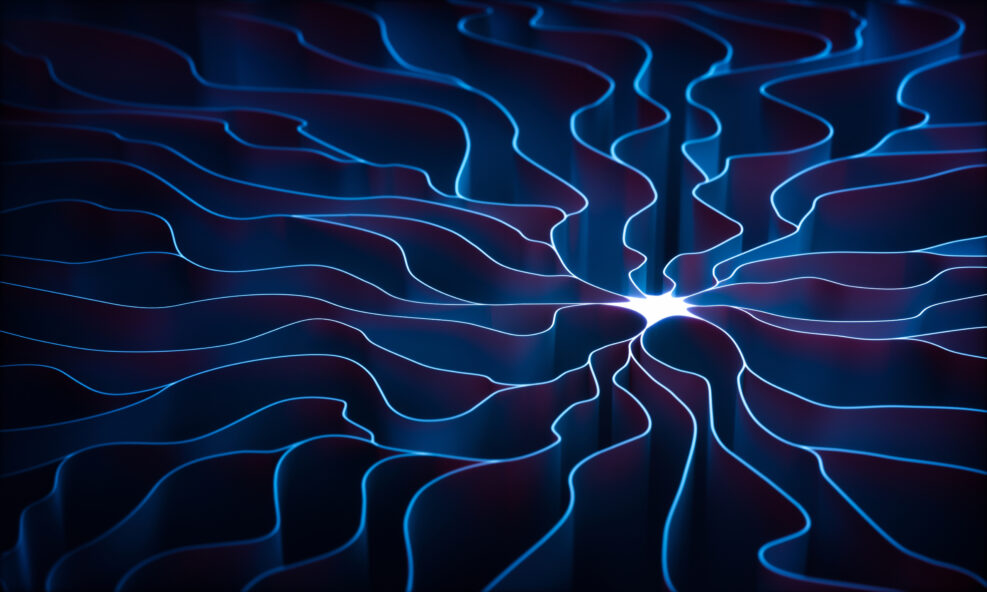
TagAnil Seth (on Hard Problem of consciousness)


Is Consciousness a “Controlled Brain Hallucination”? No.
Anil Seth explains away consciousness away using fashionable terms like that. As a pediatric neurosurgeon, I know from clinical experience that he is wrongPhilosopher David Chalmers famously divided the problem of understanding how consciousness is related to the brain by distinguishing between the easy and hard problems of consciousness. The easy problem of consciousness is typically faced by working neuroscientists — i.e., what parts of the brain are metabolically active when we’re awake? What kinds of neurons are involved in memory? These problems are “easy” only in the sense that they are tractable. The neuroscience necessary to answer them is challenging but, with enough skill and perseverance, it can be done. The hard problem of consciousness is another matter entirely. It is this: How can first-person subjective experience arise from brain matter? How do we get an ‘I’ from an ‘it’? Compared with Read More ›

Reductionism as a Dead End in Neuroscience — Captured in an Essay
From the evidence that he presents, Anil Seth could at most show that animal consciousness is more complex than previously thoughtUniversity of Sussex professor of cognitive and computational neuroscience Anil K. Seth, during a routine dismissal of René Descartes (1596–1650), assures us, “It looks like scientists and philosophers might have made consciousness far more mysterious than it needs to be.” More mysterious than it needs to be? As noted earlier, what makes understanding the human mind necessarily complex is that it is both the entity we are trying to perceive and the tool by which we hope to perceive it. Such a problem is like trying to imagine a five-dimensional box in relation to the real world. Unlike the five-dimensional box, consciousness is part of the life experience of every human being. How would Dr. Seth unravel the problem? In Read More ›

Neuroscientists: The Hard Problem of Consciousness Isn’t So Hard!
Damasio and Seth tell Nautilus that materialist explanations will eventually crack consciousness, as they have cracked everything elseRecently, thinkmag Nautilus brought together neuroscientists Antonio Damasio and Anil Seth to argue that the “Hard Problem of Consciousness.” is not so hard after all. Antonio Damasio, author of Feeling & Knowing: Making Minds Conscious (Penguin Random House, 2021), has argued that intelligence is everywhere in life forms and that even viruses have “some fraction of” intelligence. Anil Seth is the author of Being You: A new science of consciousness (2021). He is convinced that the Hard Problem, so named by philosopher David Chalmers, is “magical thinking” and that “there is much to be done in a straightforward materialist understanding of how the brain relates to conscious experience.” For the purposes of their discussion with Kristin French, consciousness is defined Read More ›